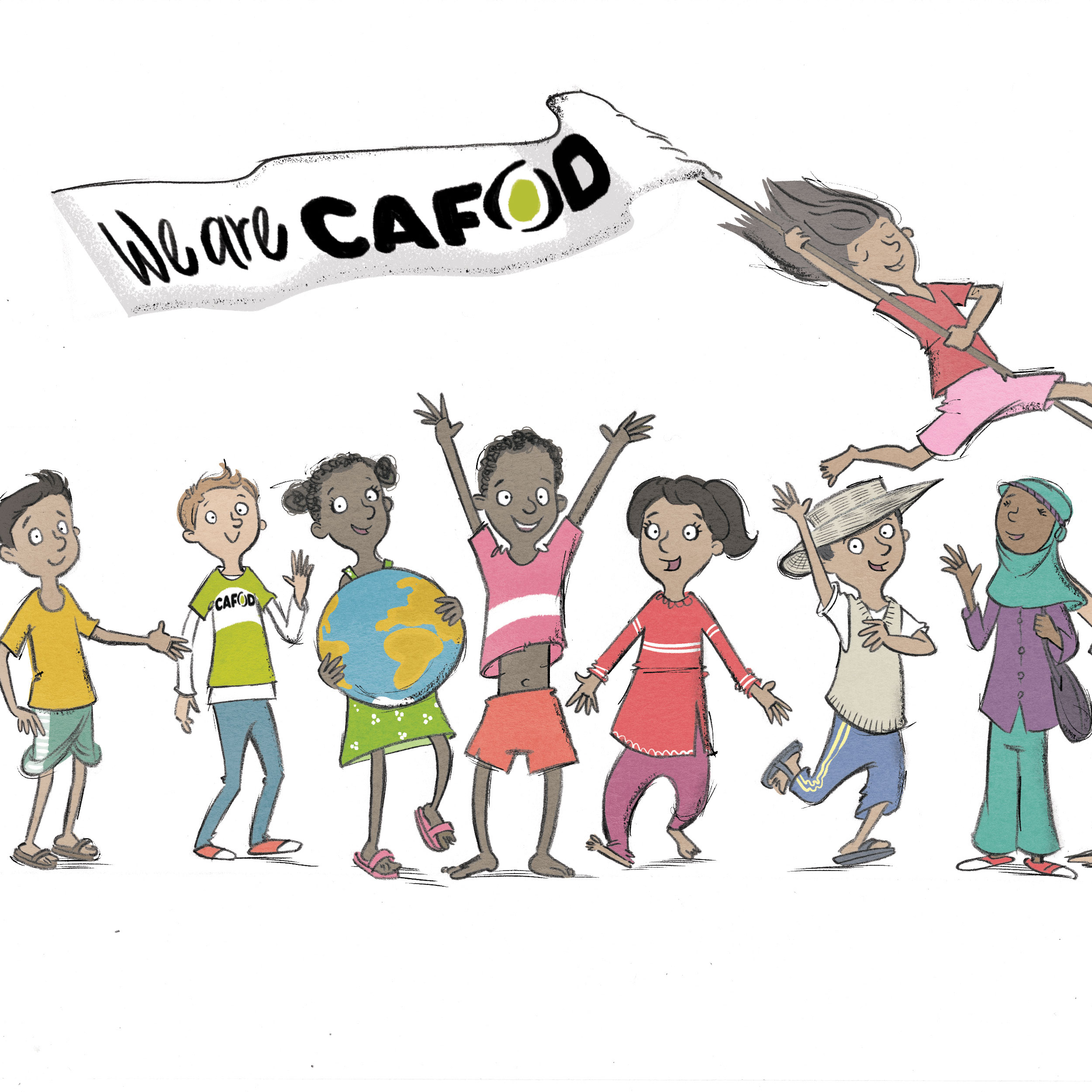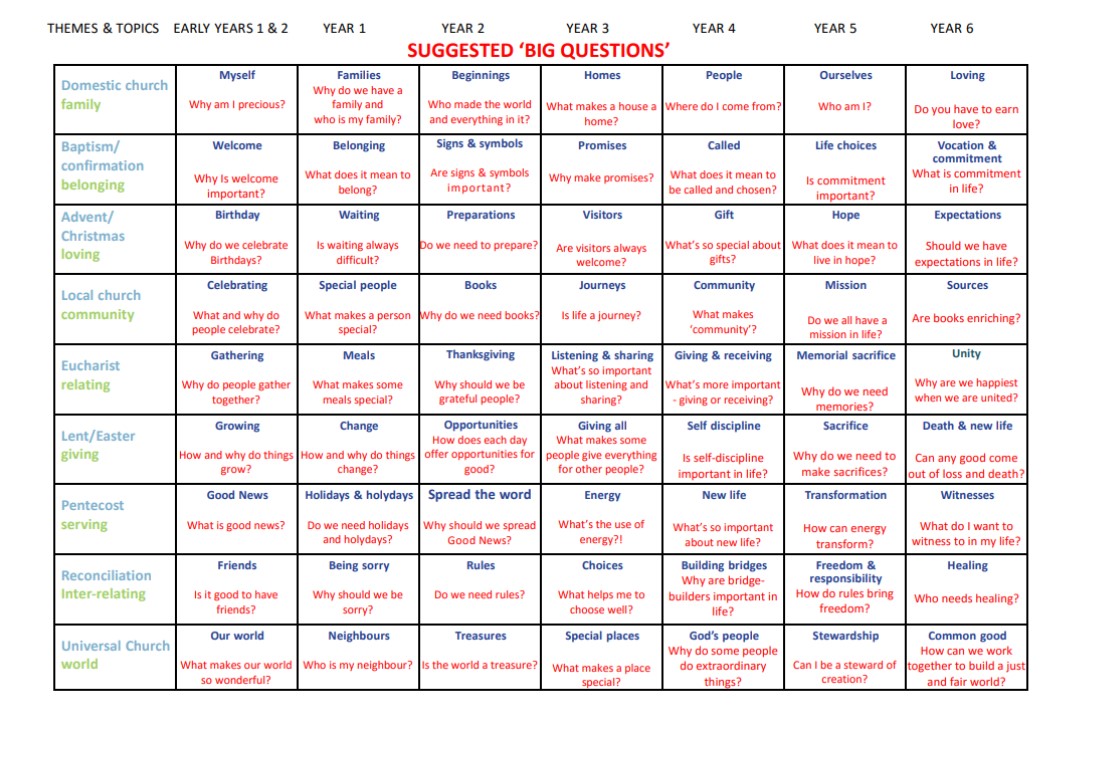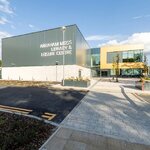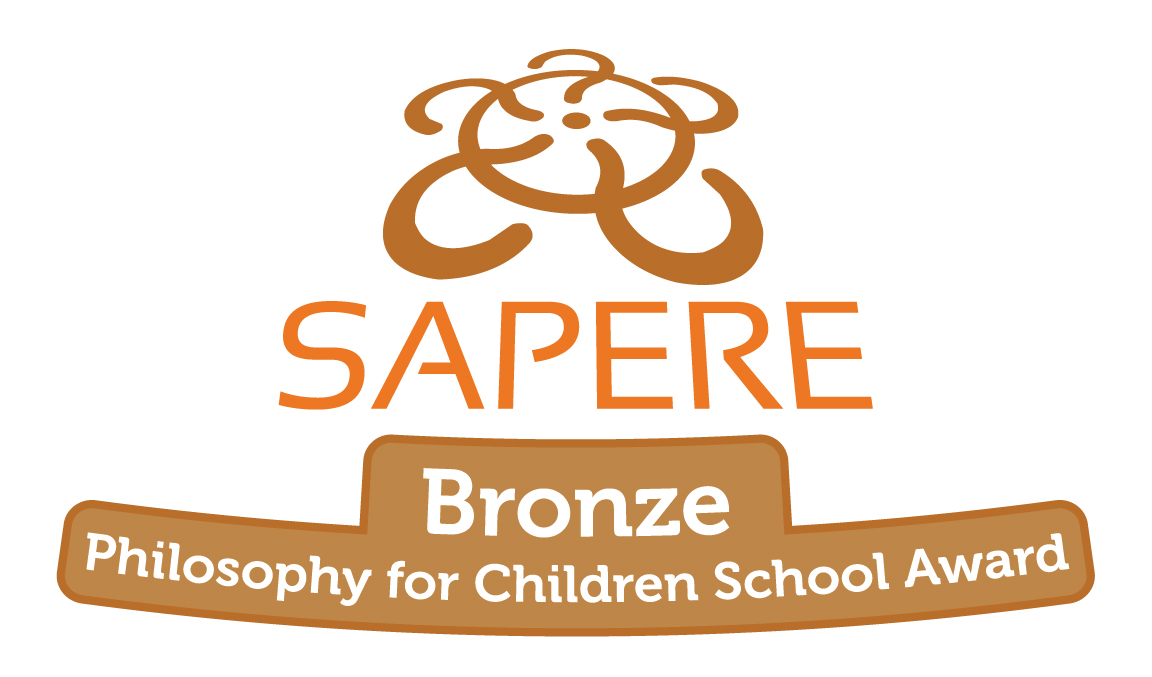We promote and encourage opportunities for SMSC , across our Curriculum through both planned and incidental learning opportunities.
This is evidenced by but not limited to the following -
The spiritual development of our pupils is evidenced in their -
- ability to be reflective about their own beliefs (religious or otherwise) and perspective on life
- knowledge of, and respect for, different people’s faiths, feelings and values
- sense of enjoyment and fascination in learning about themselves, others and the world around them
- use of imagination and creativity in their learning
- willingness to reflect on their experiences
The moral development of our pupils is evidenced in their-
- ability to recognise the difference between right and wrong and to readily apply this understanding in their own lives, recognise legal boundaries and, in so doing, respect the civil and criminal law of England
- understanding of the consequences of their behaviour and actions
- interest in investigating and offering reasoned views about moral and ethical issues and ability to understand and appreciate the viewpoints of others on these issues.
The social development of our pupils is evidenced in their:
- use of a range of social skills in different contexts, for example working and socialising with other pupils, including those from different religious, ethnic and socio-economic backgrounds
- willingness to participate in a variety of communities and social settings, including by volunteering, cooperating well with others and being able to resolve conflicts effectively
- acceptance and engagement with the fundamental British values of democracy, the rule of law, individual liberty and mutual respect and tolerance of those with different faiths and beliefs; they develop and demonstrate skills and attitudes that will allow them to participate fully in and contribute positively to life in modern Britain.
The cultural development of our pupils is evidenced in their:
- understanding and appreciation of the wide range of cultural influences that have shaped their own heritage and that of others
- understanding and appreciation of the range of different cultures in the school and further afield as an essential element of their preparation for life in modern Britain
- ability to recognise, and value, the things we share in common across
- cultural, religious, ethnic and socio-economic communities
- knowledge of Britain’s democratic parliamentary system and its central role in shaping our history and values, and in continuing to develop Britain
- willingness to participate in and respond positively to artistic, musical, sporting and cultural opportunities
- interest in exploring, improving understanding of and showing respect for different faiths and cultural diversity and the extent to which they understand, accept and respect diversity. This is shown by their respect and attitudes towards different religious, ethnic and socio-economic groups in the local, national and global communities
We use a range of high quality resources to support our pupils SMSC development including those shared below.





Please see link to see how you can support and share CAFOD family activities and ideas together at home:
https://cafod.org.uk/education/for-families


Picture News
At St Anne’s , we aim to provide all our children with engaging and exciting lessons , allowing opportunities for them to learn about the world, develop independence , resilience , respect and to unlock their own drive and passion as lifelong learners.
Using the Picture News resource; teaching through the News , not only provides our children with great content and stimulus - thus gripping their attention : it is also something that the children can impact. It is current, happening now and so their voice is given meaning and purpose , It is our world and we all matter.
![]()
Allows our children to demonstrate respect and tolerance. Children often can explain how they should behave or what they should say but what better way to teach respect than if they are discussing something they actually care about?











